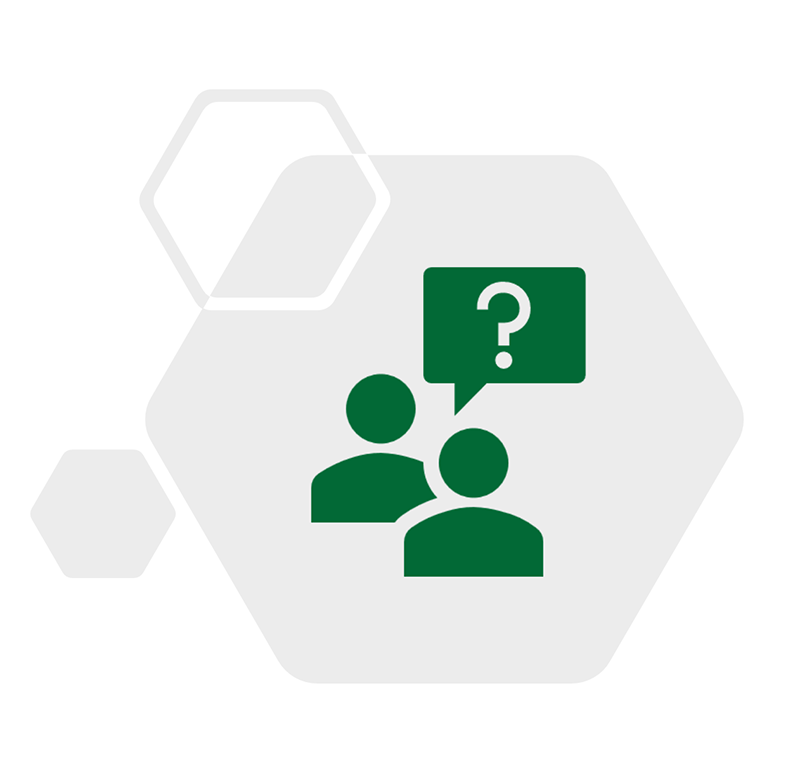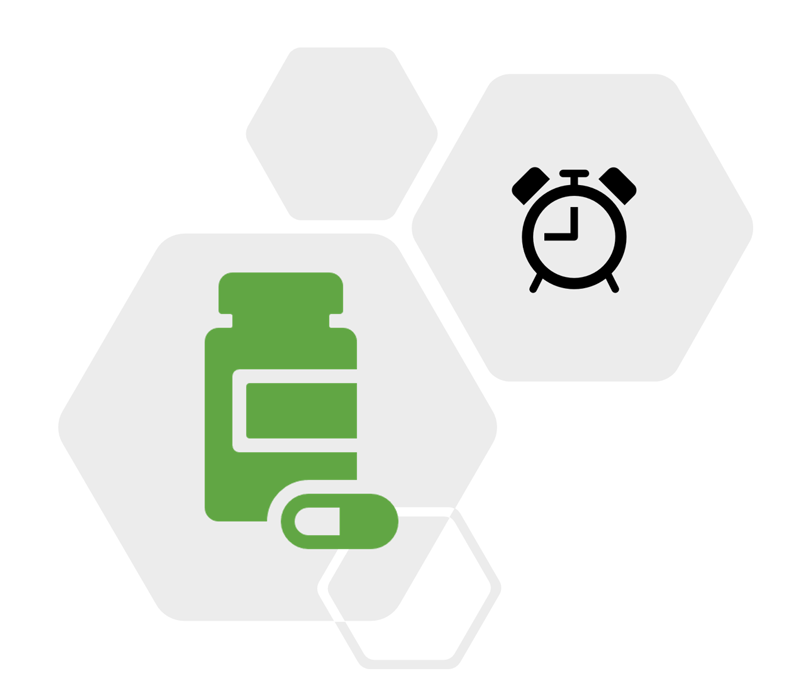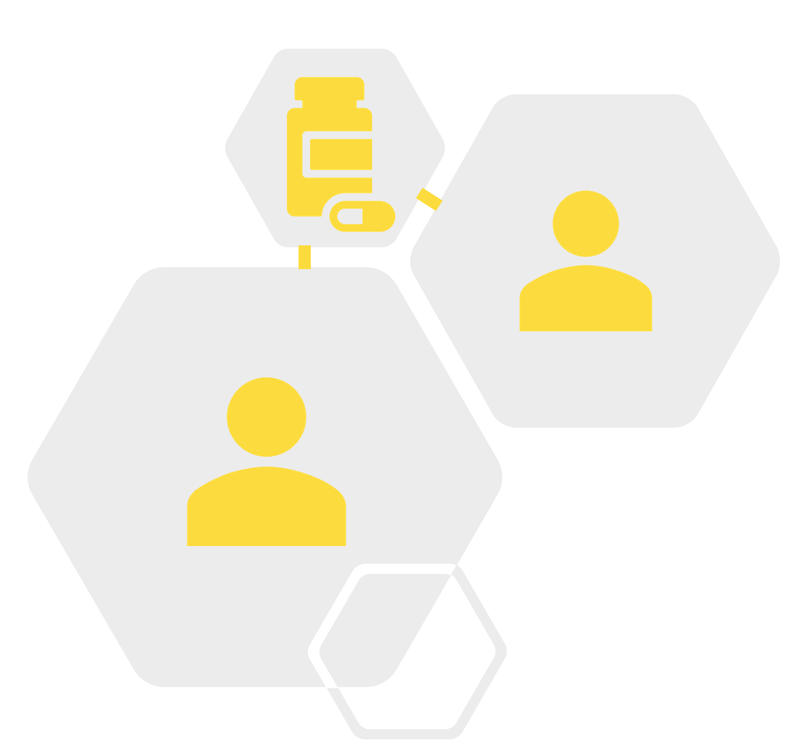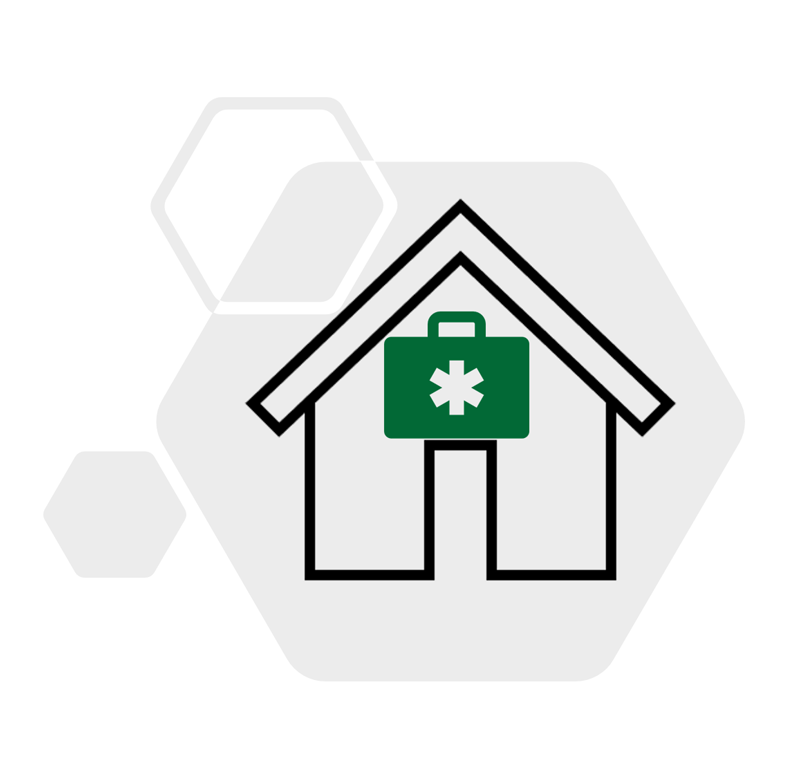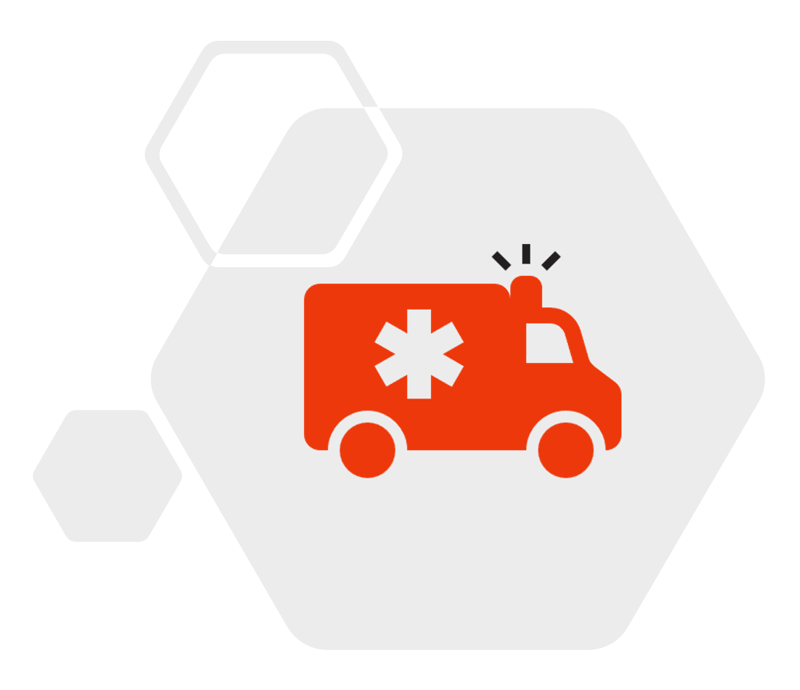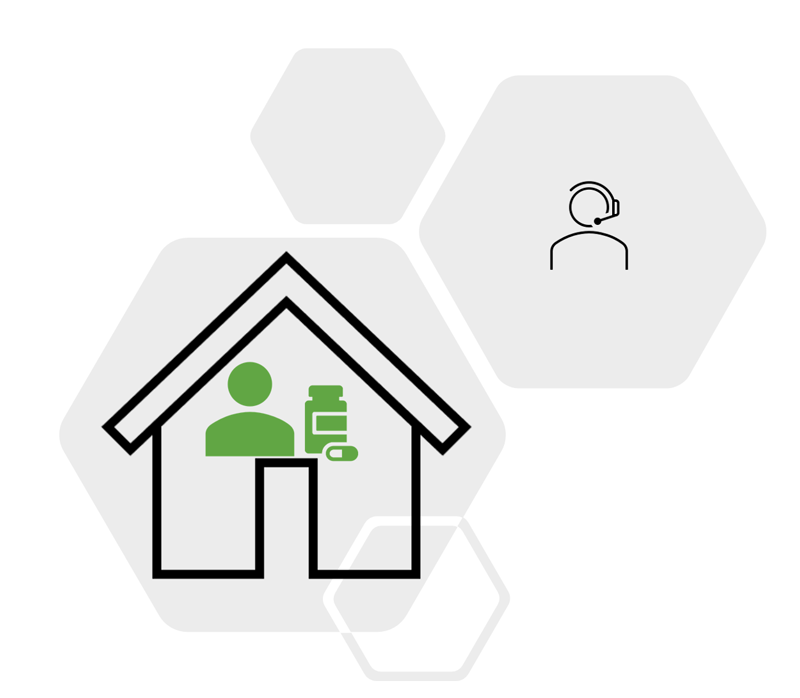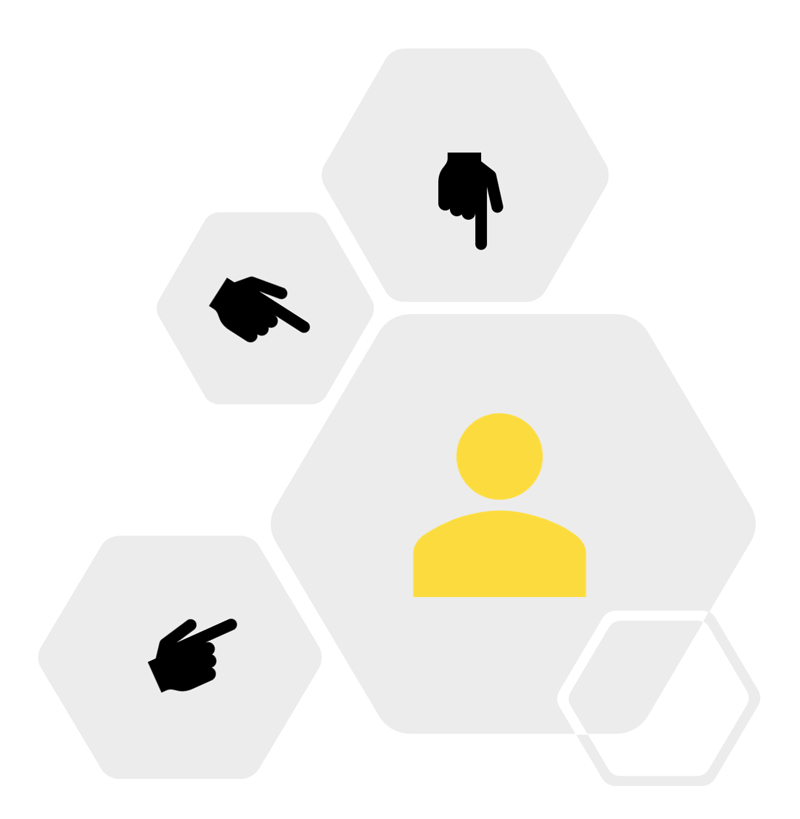Opioid Stewardship Program - What Can I Do?
Ask questions.
Opioids are most effective in moderate to severe acute pain, and often don't work well in chronic pain. Ask your healthcare provider about different options for pain management such as non-opioid medications, physiotherapy, exercise, counselling, cognitive behavioural therapy, and more.
Take your medications as prescribed.
Don't use opioids more than what is prescribed for you. Don't take opioids with alcohol and some medications such as benzodiazepines as that can increase your risk of experiencing a fatal or non-fatal overdose. Always seek advice from a health-care provider before starting opioids if you have stopped it for a while and start taking them again.
(See "Helpful Links" below.)
Don't share. Store and dispose properly.
Don't share your opioid medications with anyone else. Store it securely in your home. Keep it away from your kids and animals. Return your unused opioids to a pharmacy for disposal. Don't flush the medications down a toilet or put them down a drain.
(See "Helpful Links" below.)
Ask about take-home Naloxone kits.
Opioid overdose is a medical emergency. Overdose can lead to slowing or stopping of breathing and sometimes death. Be aware of opioid overdose signs. Ask your health-care provider about Take-Home Naloxone Kits if you are at risk of an opioid overdose or might witness an opioid overdose. You can get a free Naloxone kit from Take-Home Naloxone Program Sites OR buy (without prescription) from some pharmacies.
(See "Helpful Links" below.)
Save a life if suspected overdose.
Stay at the scene and call 9-1-1. Give naloxone (nasal spray or injection) if you have. Don't leave until emergency arrives. Did you know that the Good Samaritan Drug Overdose Act protects you from simple drug possession charges?
(See "Related Documents" and "Helpful Links" below.)
Alone and using? It’s safer when someone is there to help.
If you are using medications that were not prescribed to you or street drug, never use alone - you can call National Overdose Response Service (NORS) and speak with one of NORS’ supporters. The supporter will stay on the phone while you use your substance. If at any point you become unresponsive, NORS connects to 911 and dispatches an ambulance directly to your location.
(See NORS, Never Use Alone & Brave App in "Helpful Links" below.)
Use stigma- free language.
Stigma is negative attitudes, beliefs, or behaviours about a group of people because of their situation in life. Stigma can discourage people with opioid use disorder from seeking help. You can use person-first language that shows care, rather than judgement. e.g., person with substance use disorder rather than drug abuser or addict.
(See "Helpful Links" below.)


